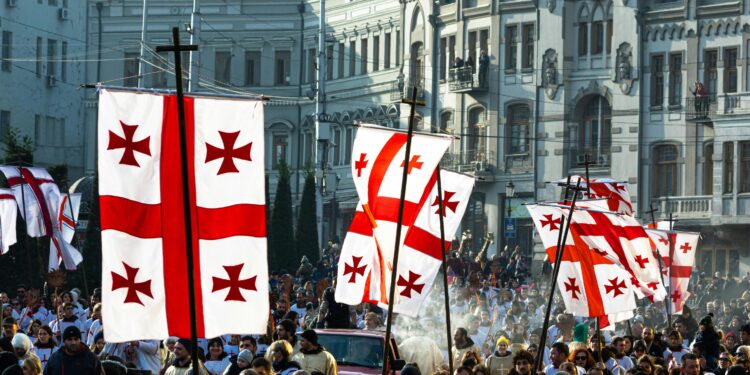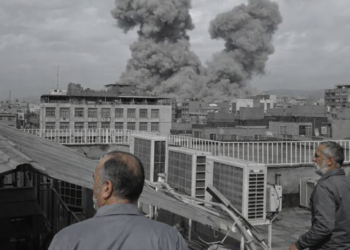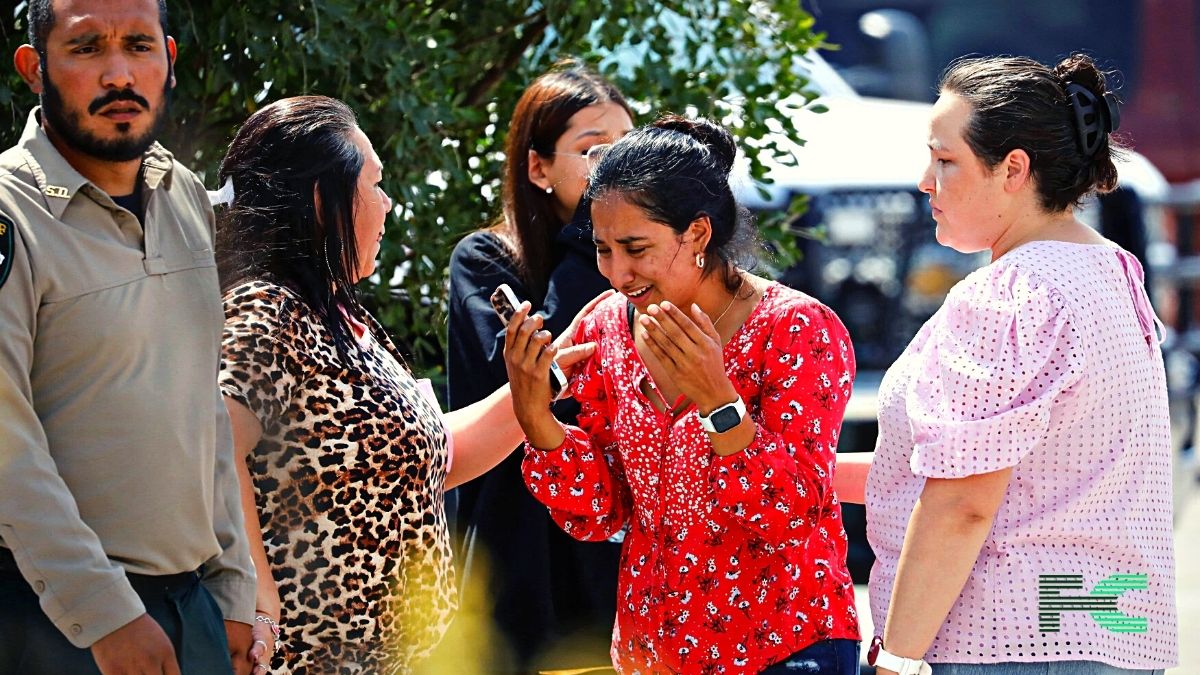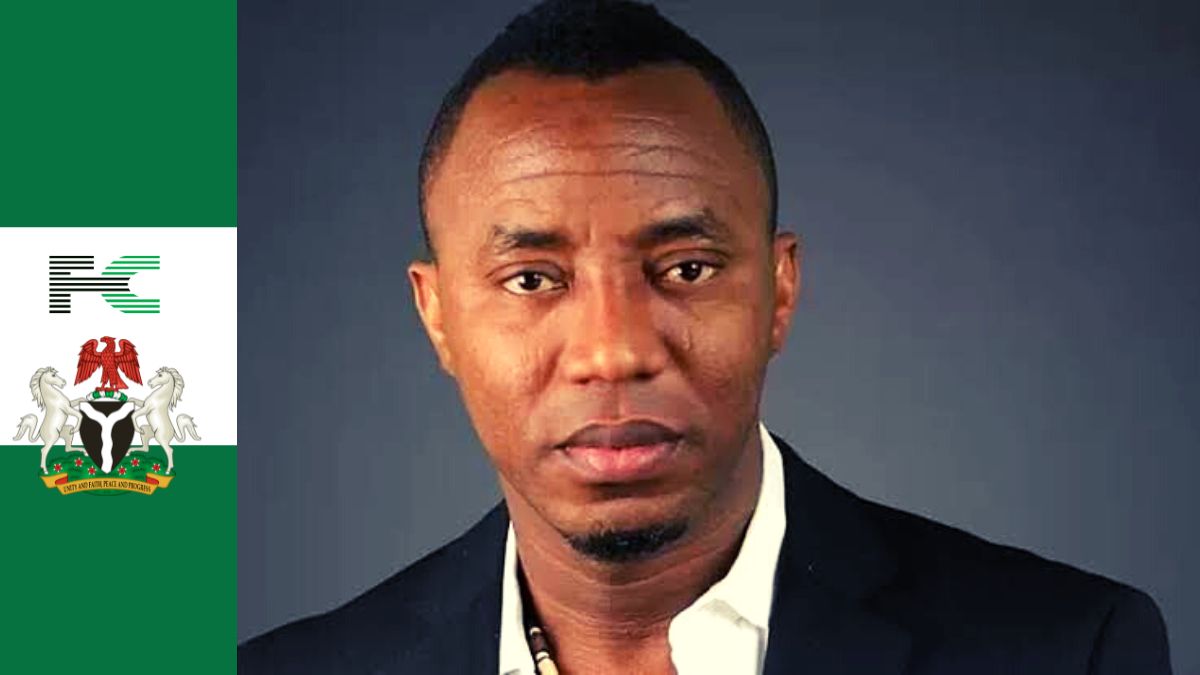Britain has suspended its annual security dialogue with Georgia and postponed other talks on defence over concerns about democratic backsliding, according to Britain’s ambassador to Tbilisi on Tuesday.
The relations between the West and Georgia (one of the most pro-Western states to have emerged from the former Soviet Union) have worsened this year in the run-up to a parliamentary election on October 26.
The election is widely seen as a test to know whether Tbilisi returns to Russia’s orbit or embraces a future in the European Union, which it has applied to join.
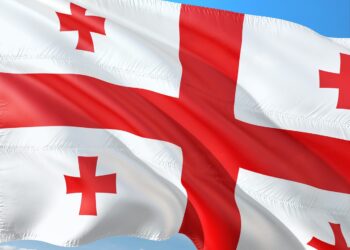
Ambassador Gareth Ward had said to the InterPress news agency,
“I had expected that we would work together to strengthen Georgia’s resilience and our common prosperity, but over the past year the Georgian government has chosen a different course.”
InterPress further reported that Archil Gorduladze, a lawmaker from the ruling Georgian Dream party, had said that the timing of Ward’s comments represented “gross interference” in Georgia’s internal affairs ahead of the election.
Back in May, Western countries lambasted Georgia over a law passed which required groups that receive funding from abroad to register as foreign agents — a move opponents have said will be used to fight dissent.
Domestic opponents of the law say it resembles similar legislation passed in Russia in 2012 and widely used to silence Kremlin critics.
Georgia’s EU membership process was suspended shortly after the foreign agent law was passed and earlier this month, the EU’s envoy to Tbilisi, Pawel Herczynski, declared that Georgia might even face sanctions if it branches off from democracy.
Georgia and Russia still don’t have formal diplomatic relations after they fought a short war in 2008 but Russian officials have consistently signalled that they want Georgian Dream – which is seeking a fourth term in office – to remain in power.

